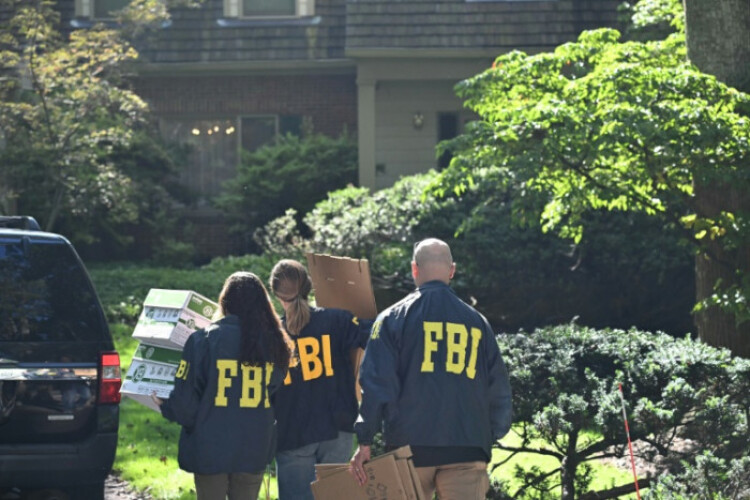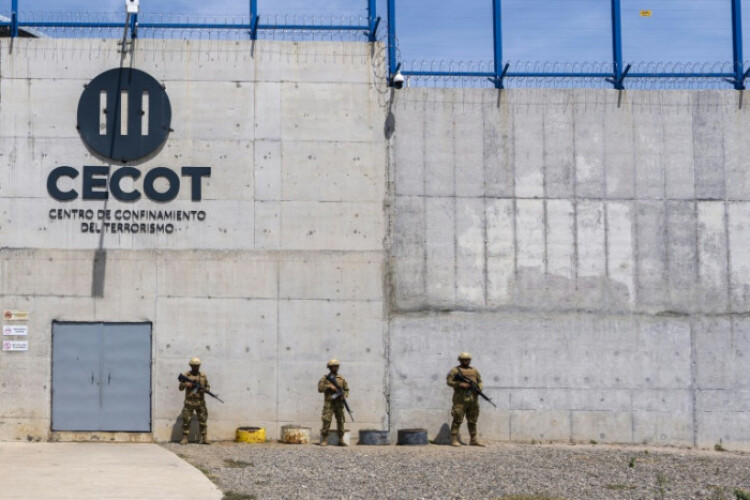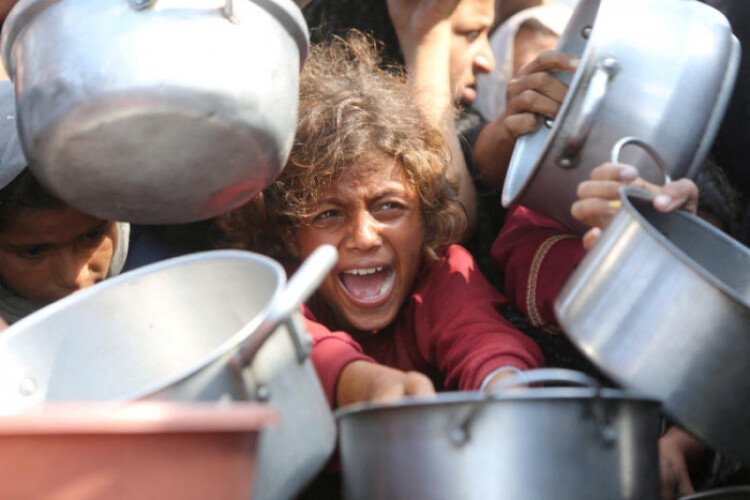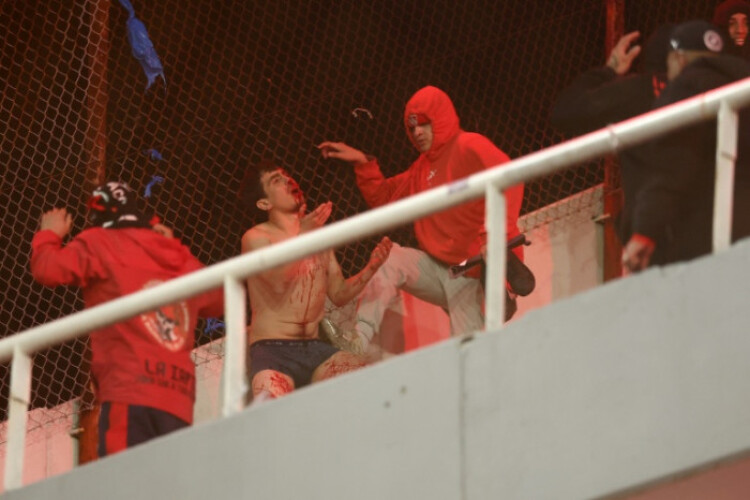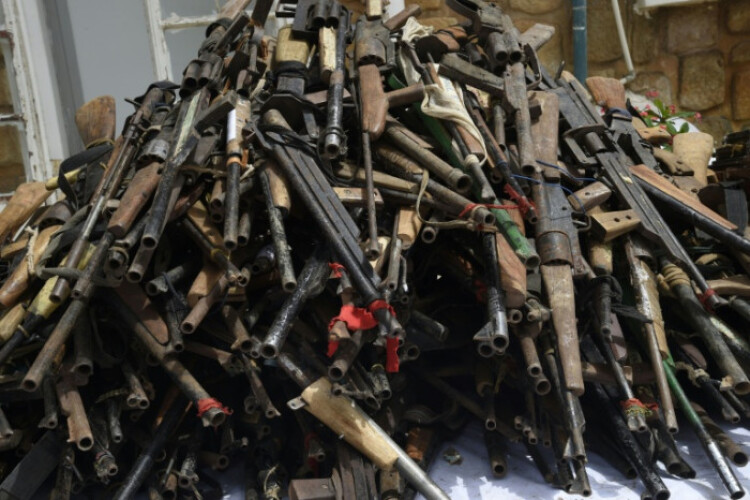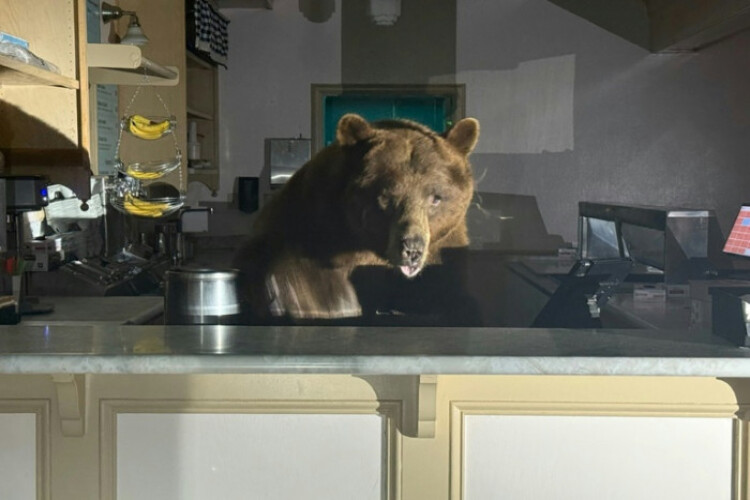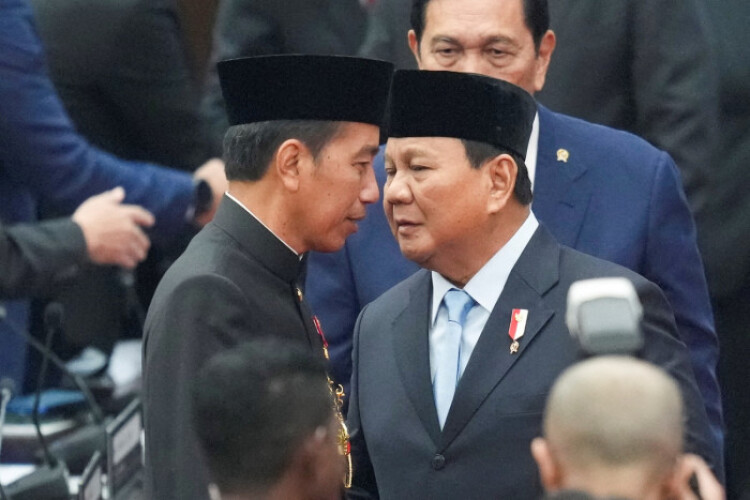
JAKARTA - Indonesia’s incoming president Prabowo Subianto held talks on Tuesday with candidates for senior government posts, as he seeks to bring the country’s biggest political party into his already dominant parliamentary coalition.
If Prabowo can reach a deal with Democratic Party of Struggle (PDI-P), there would be no opposition parties in parliament, an unprecedented situation since the country began holding direct presidential elections in 2004.
Prabowo, who will be sworn in as president on Oct 20, on Monday summoned over 40 people who said they had been asked to join the next government, including current finance minister Sri Mulyani Indrawati.
On Tuesday, the president-elect summoned dozens of potential deputy ministers, his top aide Sufmi Dasco Ahmad said.
While no lawmakers from the PDI-P had arrived at his house by early afternoon, executives of Prabowo’s party have said that he plans to meet PDI-P chief Megawati Sukarnoputri to discuss a possible political alliance.
The timing of the meeting is unclear.
The absence of any opposition in parliament would mean that an eight-party alliance could ensure smooth passage of Prabowo’s legislative agenda, but it would likely heighten fears about a lack of meaningful checks on Prabowo’s power in a country with a history of authoritarian rule.
Seven of the eight parties in parliament have already joined Prabowo’s coalition, securing him a parliamentary majority.
PDI-P, which won the most seats in the February election, had nominated Prabowo’s predecessor, President Joko Widodo, for president in 2014. But the relationship soured over Widodo’s tacit support for the president-elect during his campaign run.
Widodo’s son, Gibran Rakabuming Raka, is the incoming vice president.
In his second five-year term, Widodo was also supported by most parties in parliament, with only two opposing parties.
Widodo leaves office facing criticism he has tried to change laws to benefit his family, and co-opt state bodies to control his opponents. He denies any impropriety, and has said democracy was thriving and he respects the country’s institutions.
Analysts say they fear what they see as that democratic backsliding may continue under Prabowo, a member of the old elite that previously ruled Indonesia.
Prabowo is a former special forces commander who was dismissed from the military amid speculation of human rights abuses, assertions he has denied.
In March, Prabowo described democracy as tiring, costly and messy, and said there was room for improvement.
If Prabowo can reach a deal with Democratic Party of Struggle (PDI-P), there would be no opposition parties in parliament, an unprecedented situation since the country began holding direct presidential elections in 2004.
Prabowo, who will be sworn in as president on Oct 20, on Monday summoned over 40 people who said they had been asked to join the next government, including current finance minister Sri Mulyani Indrawati.
On Tuesday, the president-elect summoned dozens of potential deputy ministers, his top aide Sufmi Dasco Ahmad said.
While no lawmakers from the PDI-P had arrived at his house by early afternoon, executives of Prabowo’s party have said that he plans to meet PDI-P chief Megawati Sukarnoputri to discuss a possible political alliance.
The timing of the meeting is unclear.
The absence of any opposition in parliament would mean that an eight-party alliance could ensure smooth passage of Prabowo’s legislative agenda, but it would likely heighten fears about a lack of meaningful checks on Prabowo’s power in a country with a history of authoritarian rule.
Seven of the eight parties in parliament have already joined Prabowo’s coalition, securing him a parliamentary majority.
PDI-P, which won the most seats in the February election, had nominated Prabowo’s predecessor, President Joko Widodo, for president in 2014. But the relationship soured over Widodo’s tacit support for the president-elect during his campaign run.
Widodo’s son, Gibran Rakabuming Raka, is the incoming vice president.
In his second five-year term, Widodo was also supported by most parties in parliament, with only two opposing parties.
Widodo leaves office facing criticism he has tried to change laws to benefit his family, and co-opt state bodies to control his opponents. He denies any impropriety, and has said democracy was thriving and he respects the country’s institutions.
Analysts say they fear what they see as that democratic backsliding may continue under Prabowo, a member of the old elite that previously ruled Indonesia.
Prabowo is a former special forces commander who was dismissed from the military amid speculation of human rights abuses, assertions he has denied.
In March, Prabowo described democracy as tiring, costly and messy, and said there was room for improvement.

